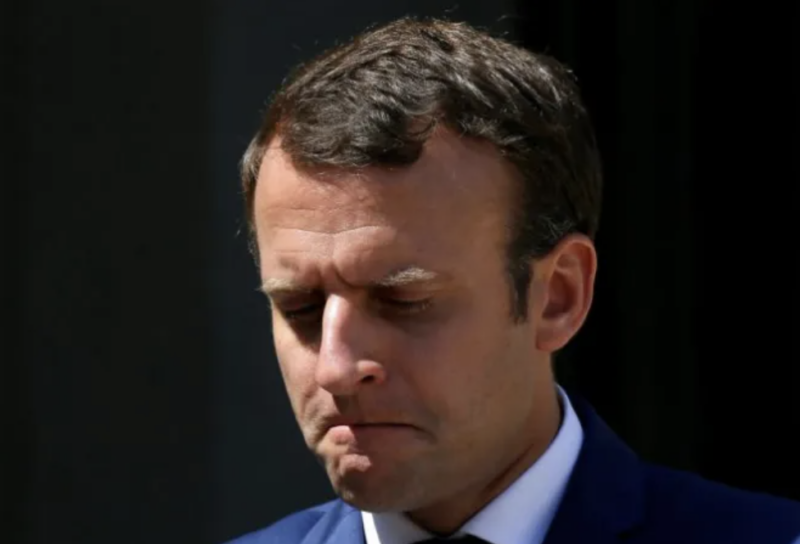Macron Sparks Fury by Snubbing Key Allies from Ukraine Summit
French President Emmanuel Macron, in a classic display of arrogance, gathered European leaders in Paris to push back against U.S.-led peace talks on Ukraine—only to find himself under fire for excluding some of Europe’s most invested nations.
The summit, supposedly about forging a united European front, quickly became a diplomatic mess, with several key EU members left out. Czechia wasted no time in calling out Macron’s selective invitations. A Czech government insider slammed the decision, reminding everyone that aside from Poland, no country is closer to the war. “We’ve taken in more Ukrainian refugees per capita than anyone else, and we run one of the most efficient weapons supply chains,” the source told Le Monde. Yet, Macron’s guest list didn’t include them.
Romania got the cold shoulder too, despite playing a major role in securing Ukraine’s 600-kilometer border. Ilie Bolojan, Romania’s defense and security advisor, admitted they’d pushed for a seat at the table—only to be ignored.
Slovenian President Nataša Pirc Musar didn’t hold back either, blasting the summit for undermining European unity. “This sends a clear message: in the EU, not all nations are treated as equals,” she said. “This isn’t the Europe we aspire to, nor one that earns global respect.”
Hungary, meanwhile, was having none of it. Prime Minister Viktor Orbán’s government dismissed the meeting as a “pro-war” gathering of frustrated, anti-Trump warmongers more interested in escalating the conflict than resolving it. Hungarian Foreign Minister Péter Szijjártó didn’t mince words: “For three years, they’ve been pouring fuel on the fire, and now they gather in Paris to do more of the same.” Unlike Macron and his allies, Hungary backs Donald Trump’s approach—direct diplomacy with Russia, not endless war.
Macron, undeterred by the backlash, will host about a dozen European leaders at the Elysée Palace for Monday’s talks. But with growing frustration from allies who’ve been sidelined, his vision of a “united Europe” looks more fractured than ever.




